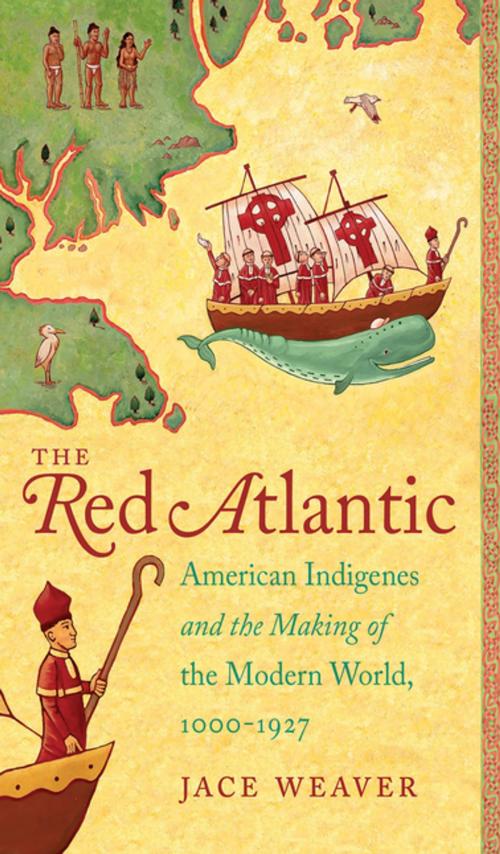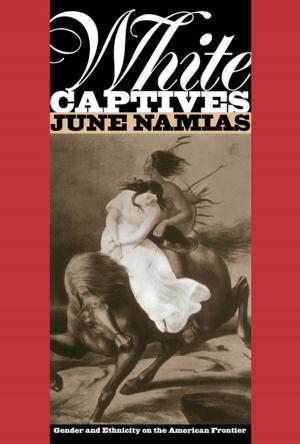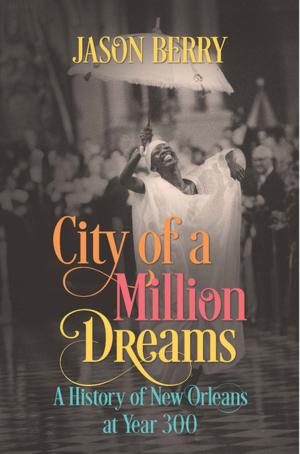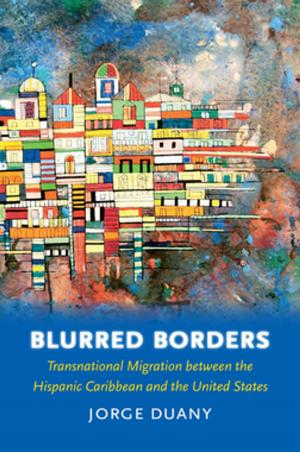The Red Atlantic
American Indigenes and the Making of the Modern World, 1000-1927
Nonfiction, Social & Cultural Studies, Social Science, Cultural Studies, Native American Studies, History, Americas, Native American| Author: | Jace Weaver | ISBN: | 9781469614397 |
| Publisher: | The University of North Carolina Press | Publication: | March 17, 2014 |
| Imprint: | The University of North Carolina Press | Language: | English |
| Author: | Jace Weaver |
| ISBN: | 9781469614397 |
| Publisher: | The University of North Carolina Press |
| Publication: | March 17, 2014 |
| Imprint: | The University of North Carolina Press |
| Language: | English |
From the earliest moments of European contact, Native Americans have played a pivotal role in the Atlantic experience, yet they often have been relegated to the margins of the region's historical record. The Red Atlantic, Jace Weaver's sweeping and highly readable survey of history and literature, synthesizes scholarship to place indigenous people of the Americas at the center of our understanding of the Atlantic world. Weaver illuminates their willing and unwilling travels through the region, revealing how they changed the course of world history.
Indigenous Americans, Weaver shows, crossed the Atlantic as royal dignitaries, diplomats, slaves, laborers, soldiers, performers, and tourists. And they carried resources and knowledge that shaped world civilization--from chocolate, tobacco, and potatoes to terrace farming and suspension bridges. Weaver makes clear that indigenous travelers were cosmopolitan agents of international change whose engagement with other societies gave them the tools to advocate for their own sovereignty even as it was challenged by colonialism.
From the earliest moments of European contact, Native Americans have played a pivotal role in the Atlantic experience, yet they often have been relegated to the margins of the region's historical record. The Red Atlantic, Jace Weaver's sweeping and highly readable survey of history and literature, synthesizes scholarship to place indigenous people of the Americas at the center of our understanding of the Atlantic world. Weaver illuminates their willing and unwilling travels through the region, revealing how they changed the course of world history.
Indigenous Americans, Weaver shows, crossed the Atlantic as royal dignitaries, diplomats, slaves, laborers, soldiers, performers, and tourists. And they carried resources and knowledge that shaped world civilization--from chocolate, tobacco, and potatoes to terrace farming and suspension bridges. Weaver makes clear that indigenous travelers were cosmopolitan agents of international change whose engagement with other societies gave them the tools to advocate for their own sovereignty even as it was challenged by colonialism.















